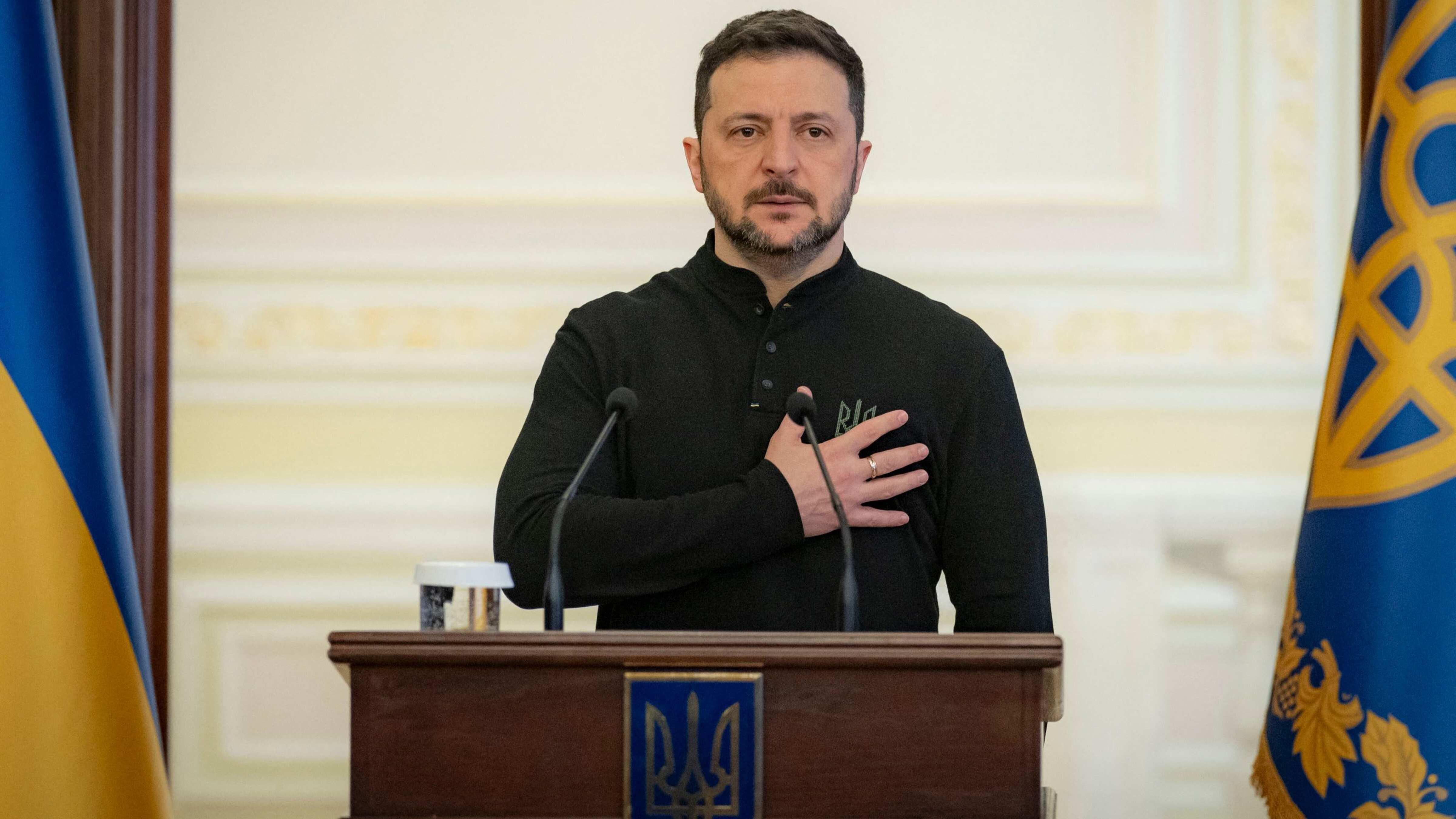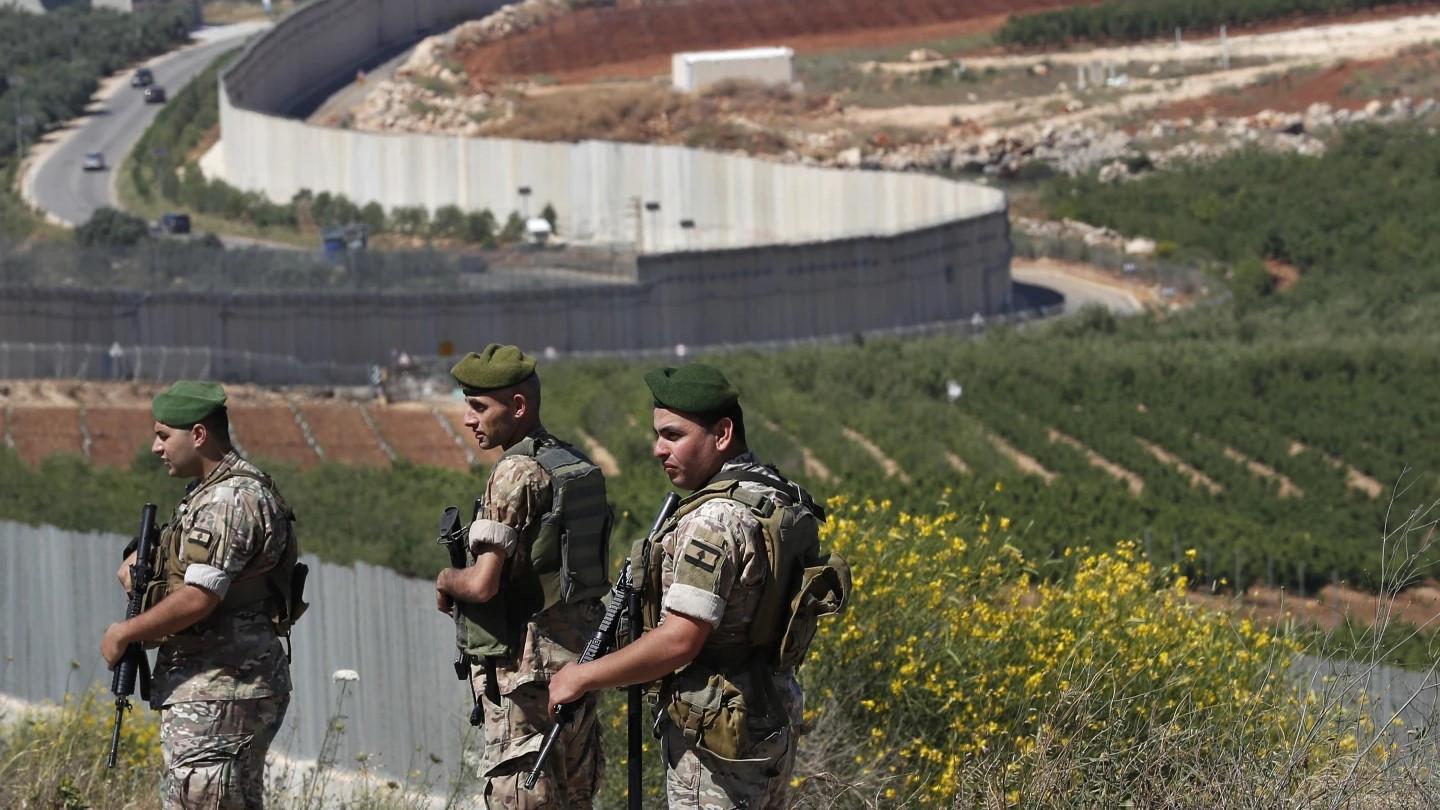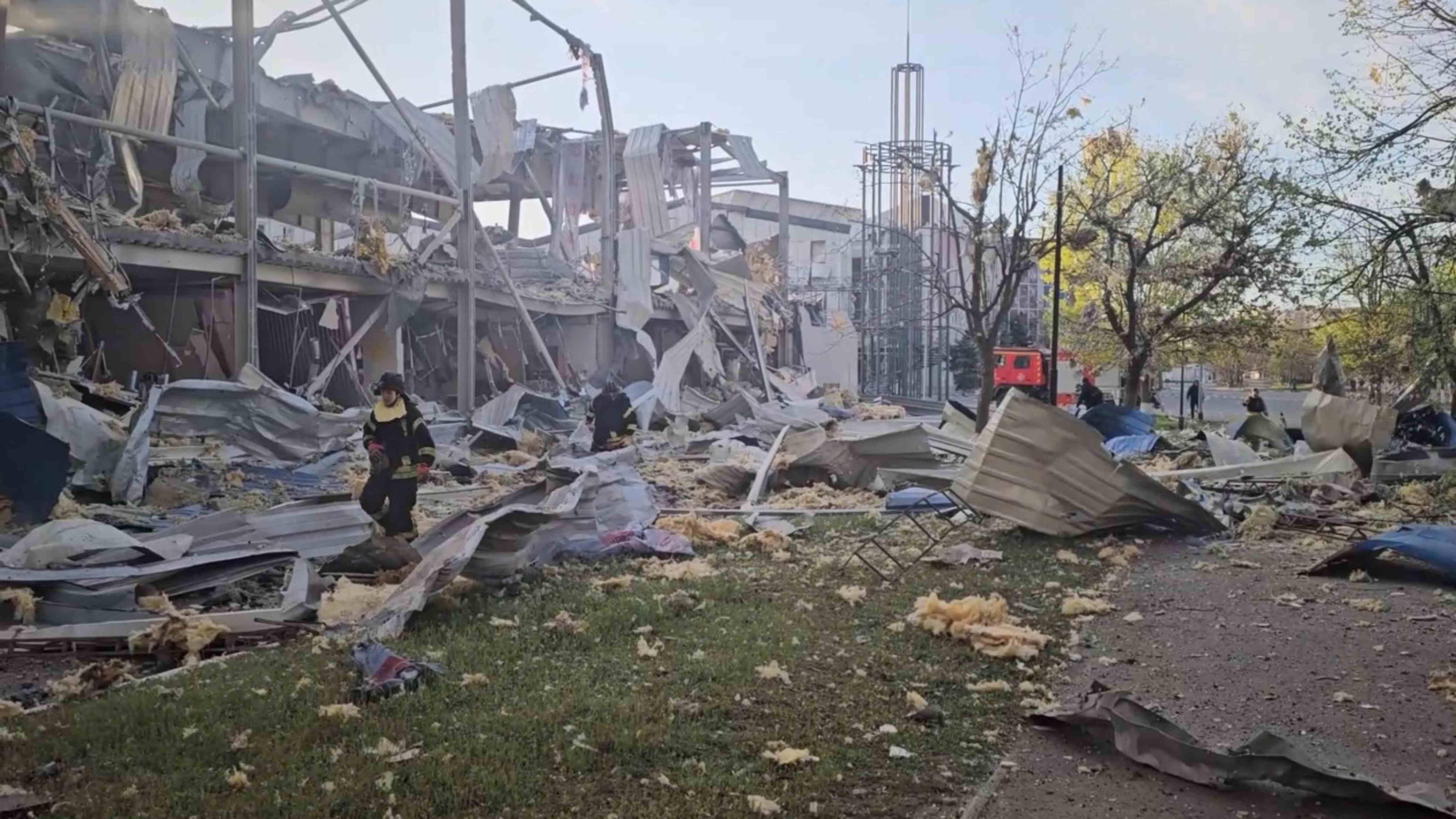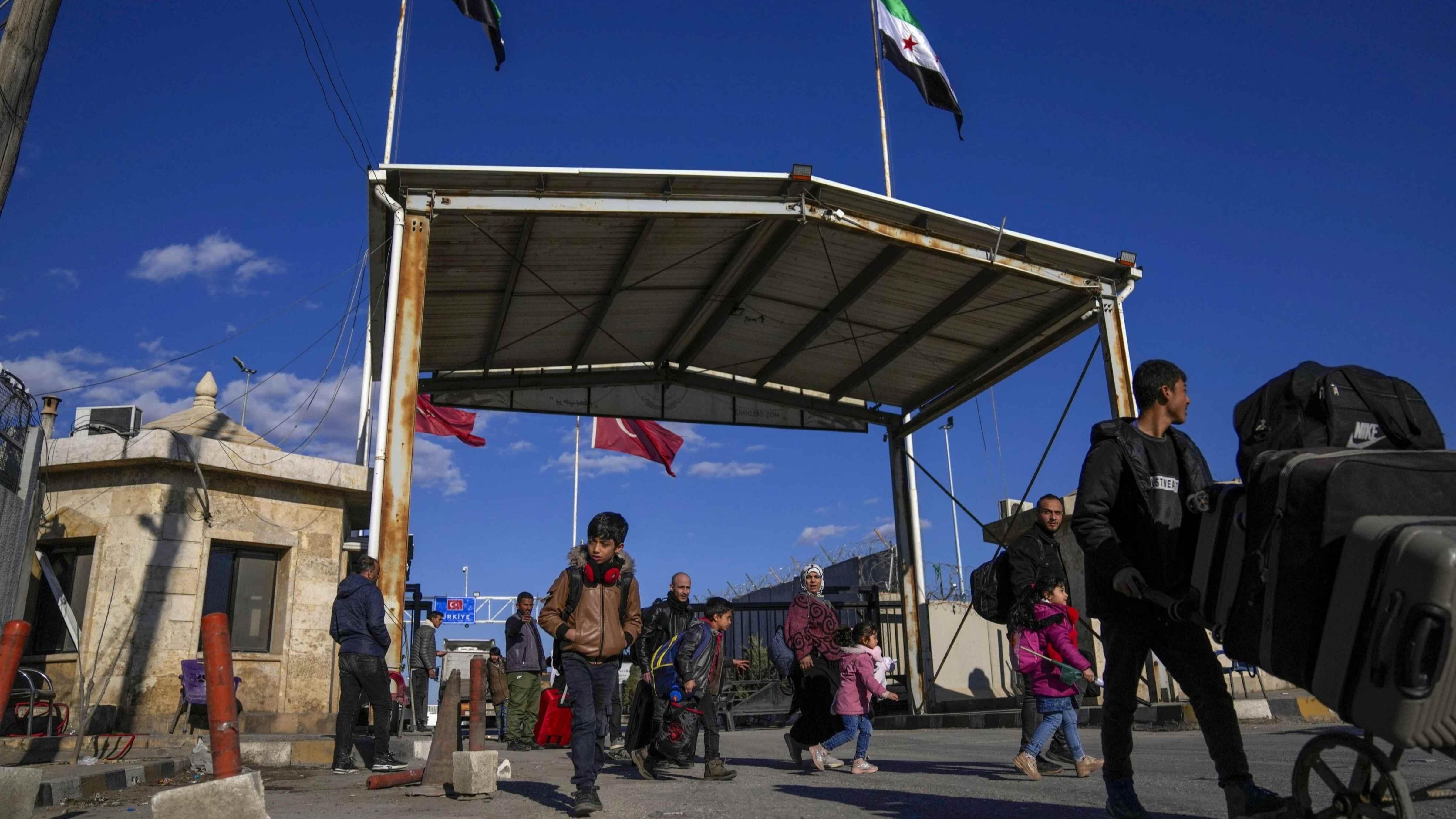Putin sworn in for fourth term as Russia president
MOSCOW
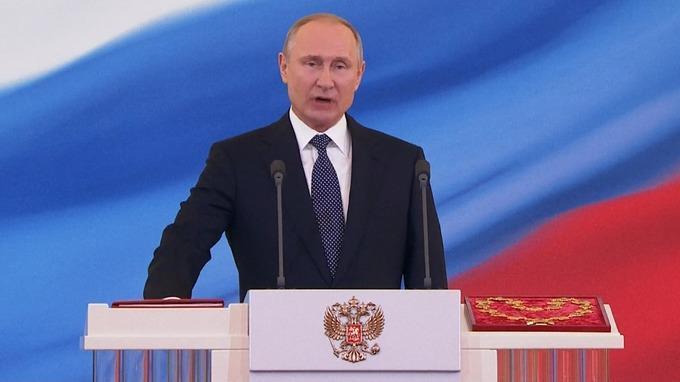
Vladimir Putin was sworn in as Russia’s president for a fourth term on May 7, extending his almost two-decade rule by another six years at a time of high tension with his Western rivals.
The 65-year-old, in power since 1999, is on course to become the longest-serving Russian leader since Joseph Stalin after his victory in March’s elections.
Putin won nearly 77 percent of the vote in polls in which his most vocal opponent was banned from running.
He has promised to use his fourth term to revitalize the country’s economy. But he also faces a host of delicate international disputes.
“I consider it my duty and my life’s aim to do everything possible for Russia, for its present and for its future,” Putin said at May 7’s swearing-in ceremony, with his hand on the Russian constitution.
Several thousand guests lined the red carpet and filmed Putin on their smartphones as he arrived for the swearing-in ceremony in the ornate Andreyev Hall, part of the Kremlin palace complex.
Among them were U.S. action star Steven Seagal, who has taken up Russian citizenship as well as former German chancellor Gerhard Schröder and Naina Yeltsina, the widow of Putin’s late predecessor Boris Yeltsin.
The car that brought him to the inauguration was a black Russian-made limousine -- a change from previous ceremonies when he used a German Mercedes.
“I feel strongly conscious of my colossal responsibility,” he said, thanking Russians for their “sincere support” and “cohesiveness.”
“We have revived pride in our fatherland,” Putin said.
“As head of state I will do all I can to multiply the strength, prosperity and fame of Russia.”
Shortly after the ceremony, Putin asked parliament to back a new mandate for outgoing Prime Minister Dmitry Medvedev, his long time ally, in a move that suggested continuity.
Russia’s ties with the West have been strained by Putin’s moves to annex Crimea from Ukraine and to launch a military campaign in Syria in support of long-time Russian ally President Bashar al-Assad.
In recent months relations have soured further over accusations of the poisoning of an ex-spy in Britain and of election meddling in the U.S.
“For Putin any concession is a sign of weakness, so there shouldn’t be any expectation of a change in foreign policy,” said Konstantin Kalachev, the head of the Political Expert Group think tank in Moscow.
But independent political analyst Dmitry Oreshkin said the president may find himself obliged to shift his approach to the international community over the next term.
“Russia hasn’t been so isolated since the Soviet war in Afghanistan” from 1979 to 1989, he told AFP.
“Now his task isn’t to bring any new lands to Russia, but to force the world to consider Russia’s interests and accept its previous conquests.”


